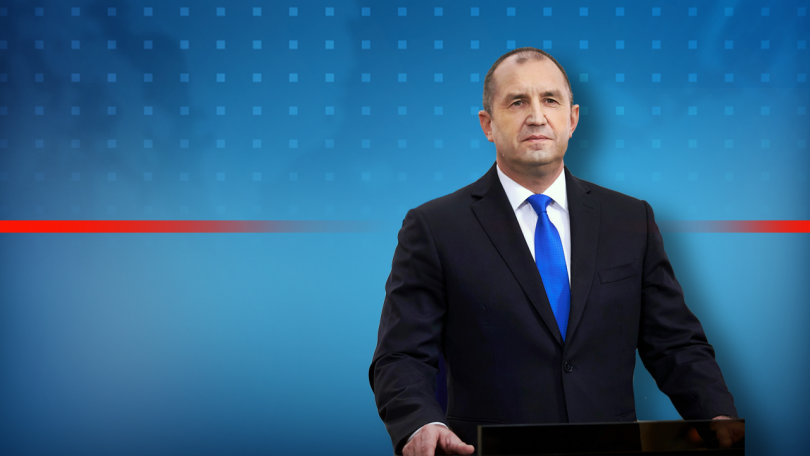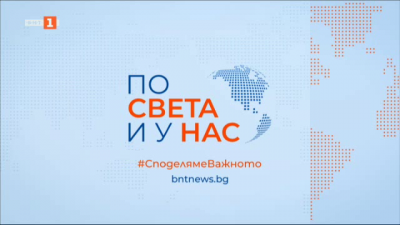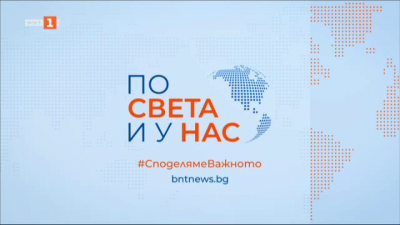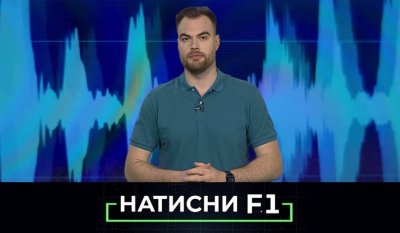President calls for more information on effect of coronavirus emergency measures
Bulgaria’s President Rumen Radev on April 3 called on the government and responsible institutions to analyze what the ...

Bulgaria’s President Rumen Radev on April 3 called on the government and responsible institutions to analyze what the efffect of the measures against the spread of coronavirus was before extending the state of emergency. He also expressed concern about the continued social isolation and the effect it has on the society. He called for softer measures to be taken.
Radev also called on the Parliament to find a way to continue to act in the conditions of confirmed cases of the virus among MPs in order to fulfill its constitutional obligations and to exercise control over the executive branch.
"Undoubtedly, the pandemic requires decisive action, most Bulgarians accept it. However, I believe that the government owes the public convincing information about the effect of the of the state of emergency during the first month of its implementation. Governance decisions should be made on the basis of reliable and comprehensive data," said Rumen Radev.
"The state of emergency restrictions have slowed the incidence rate, but they have led to social paralysis and triggered an unprecedented social and economic crisis. Unemployment rises with hours, thousands of businesses stop working. Many Bulgarians are in urgent need of help. Poverty is not a salvation from the virus. "Hunger may soon become stronger than the fear and the consequences may be more devastating than the coronavirus itself," the President added.
We must therefore set ourselves a clear national goal - to return as quickly as possible to the relatively normal rhythm of life, production and free movement of people and goods. This goal can be achieved through the combined efforts of the institutions and each of us. The coming months will also be decisive for our future as a nation in a new world, Radev said.
He recommended that the country’s health care system adopt a more flexible strategy to combat the coronavirus, significantly expand the scope of testing, focusing on various social and risk groups, to obtain information about the real picture in the country and to act accordingly.
Some of the measures in the state of the emergency law are described by both citizens and businesses as insufficient and inappropriate, he said. People in need expect help. The measures do not reach small and medium-sized businesses, and the 60/40 formula (in which the state will pay 60% of the salary of workers kept on by companies) is hardly applicable in practice.
When the state imposes restrictions, it should offer adequate compensation to both workers and businesses.
"In times of crisis, real aid comes in the form of grants. It is also necessary to urgently review some provisions of the law, which was passed hastily and in chaos, block economic life and should be revised," Radev said.
The government is resorting to a new loan of up to $ 10 billion before using the budget reserves, the President said, and described it as a difficult decision, which we will be paying for years ahead.
We expect guarantees and transparency and clear estimates for financial support for all concerned, Radev urged.
The expected measures are also related to the optimal balance between restrictions and socio-economic activity.
"Long-term isolation has put a strain on the mental and physical health of the people, and the imposing fines are unacceptable," he said.
The government need to re-consider the social isolation within a reasonable time, he urged.
Get the latest news wherever you are!
Follow us on
Facebook
and
Instagram
Follow BNT’s YouTube channel
You can now also watch us on
TikTok
Find us on
Google News






















